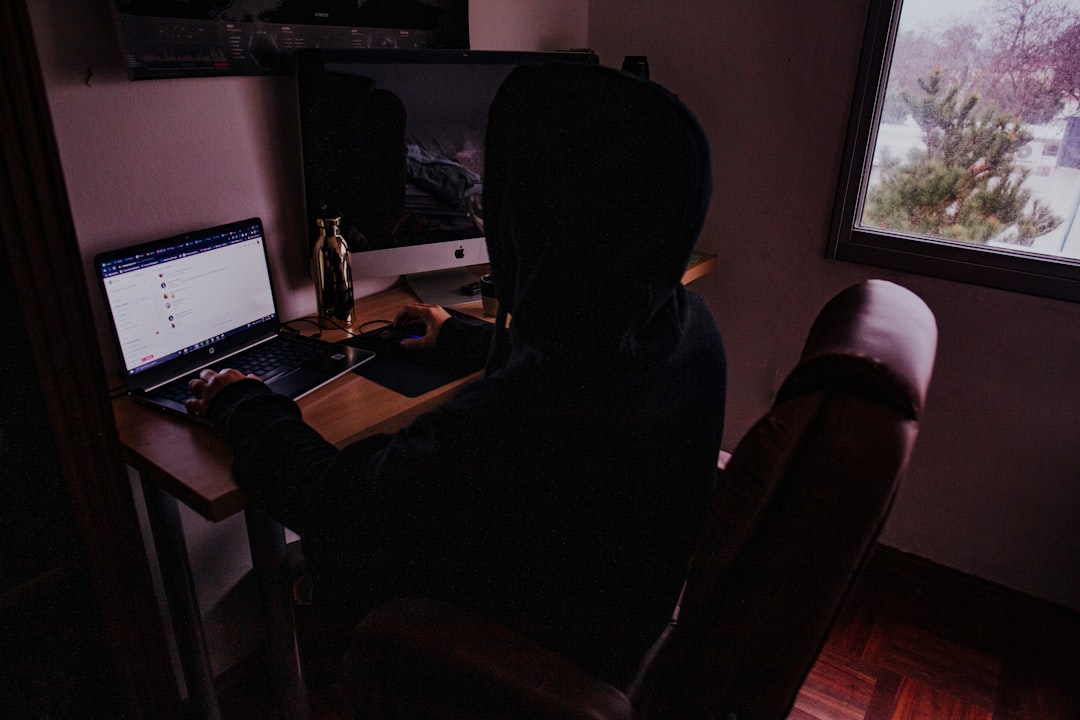Let me begin by trying to summarize my views on digital technology and spiritual formation.
I believe that the Internet is the most immersive intellectual habitat that exists in the world today, and consequently that its nature and function are directly responsible for how the emerging (and future) generation of adults understand themselves, each other,…
Keep reading with a 7-day free trial
Subscribe to Digital Liturgies to keep reading this post and get 7 days of free access to the full post archives.



